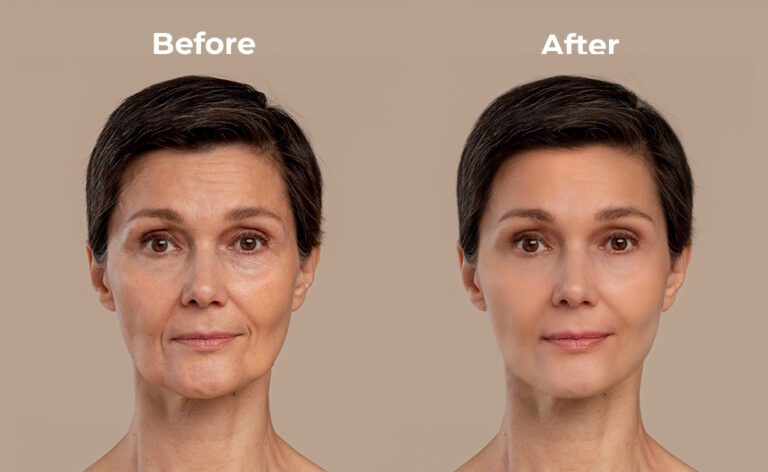
Considering facelift surgery is a significant decision, and it is important to approach it with care, knowledge, and realistic expectations. While cosmetic procedures can offer rejuvenation, they are not a solution to all concerns about appearance, and results vary from person to person. Asking the right questions and choosing a qualified surgeon are key steps in making an informed choice. So what are the key questions to ask before a facelift? And what should you be aware of?
Note: Facelift surgery is generally only suitable for adults and may not be appropriate for everyone.
What Are the Key Questions to Ask Before a Facelift?
Facelift surgery, like any surgical procedure, carries risks and requires careful planning. Taking the time to ask questions during consultations can help you understand what the procedure involves, what to expect during recovery, and whether it is suitable for you. Making an informed decision is essential for your safety and wellbeing. To do this, make sure you ask:
What are the potential risks and complications?
Every surgical procedure carries some risk, including infection, bleeding, scarring, or reactions to anaesthesia. A responsible surgeon will discuss these risks openly and explain how they reduce them.
What is the realistic outcome?
Avoid assuming that surgery will achieve “perfect” results or completely reverse ageing. Ask your surgeon what you can reasonably expect based on your individual facial structure and skin condition.
What will the recovery process involve?
Recovery time can vary, but it typically includes swelling, bruising, and limitations on physical activity. Understanding the recovery process allows you to plan appropriately and ensures you can give your body the time it needs to heal.
Am I medically fit for surgery?
Your overall health can affect the safety and outcome of surgery. Conditions such as high blood pressure, diabetes, or certain medications may require additional precautions. A thorough medical assessment is essential before proceeding.
Choosing the Right Surgeon
Selecting a qualified and experienced surgeon is one of the most important steps in the process. Here are key considerations:
Are they GMC-registered and experienced in facelifts?
Ensure your surgeon is registered with the General Medical Council (GMC) and has specific experience performing facelifts. Membership of recognised professional associations, such as the British Association of Aesthetic Plastic Surgeons (BAAPS) or the British Association of Plastic, Reconstructive and Aesthetic Surgeons (BAPRAS), can also indicate professional standards. Be sure to ask about their surgical training, years of experience, and involvement in ongoing professional development. A well-qualified surgeon will be transparent about their credentials.
How do they approach facelift procedures?
During a consultation, a surgeon can discuss typical outcomes and their approach to the procedure. This helps you understand what to expect without relying on promotional before-and-after images.
Where will the procedure be performed?
Ask about the hospital or clinic facilities. Accredited surgical environments with trained support staff contribute to safety and a positive experience.
Additional Considerations
Take your time to make the decision. There is no need to rush or feel pressured.
Consider seeking a second opinion if you are unsure or want reassurance.
Discuss the cost transparently, including surgeon fees, anaesthesia, facility fees, and post-operative care. Avoid choosing based on price alone; safety and quality should be the priority.
Conclusion
Facelift surgery can offer subtle improvements for those seeking facial rejuvenation, but it is not suitable for everyone. Understanding the risks, recovery, realistic outcomes, and the importance of a qualified surgeon will help you make an informed choice.
Disclaimer: Results vary between individuals. All surgical procedures carry risks. Always seek advice from a qualified medical professional before making decisions about cosmetic surgery.